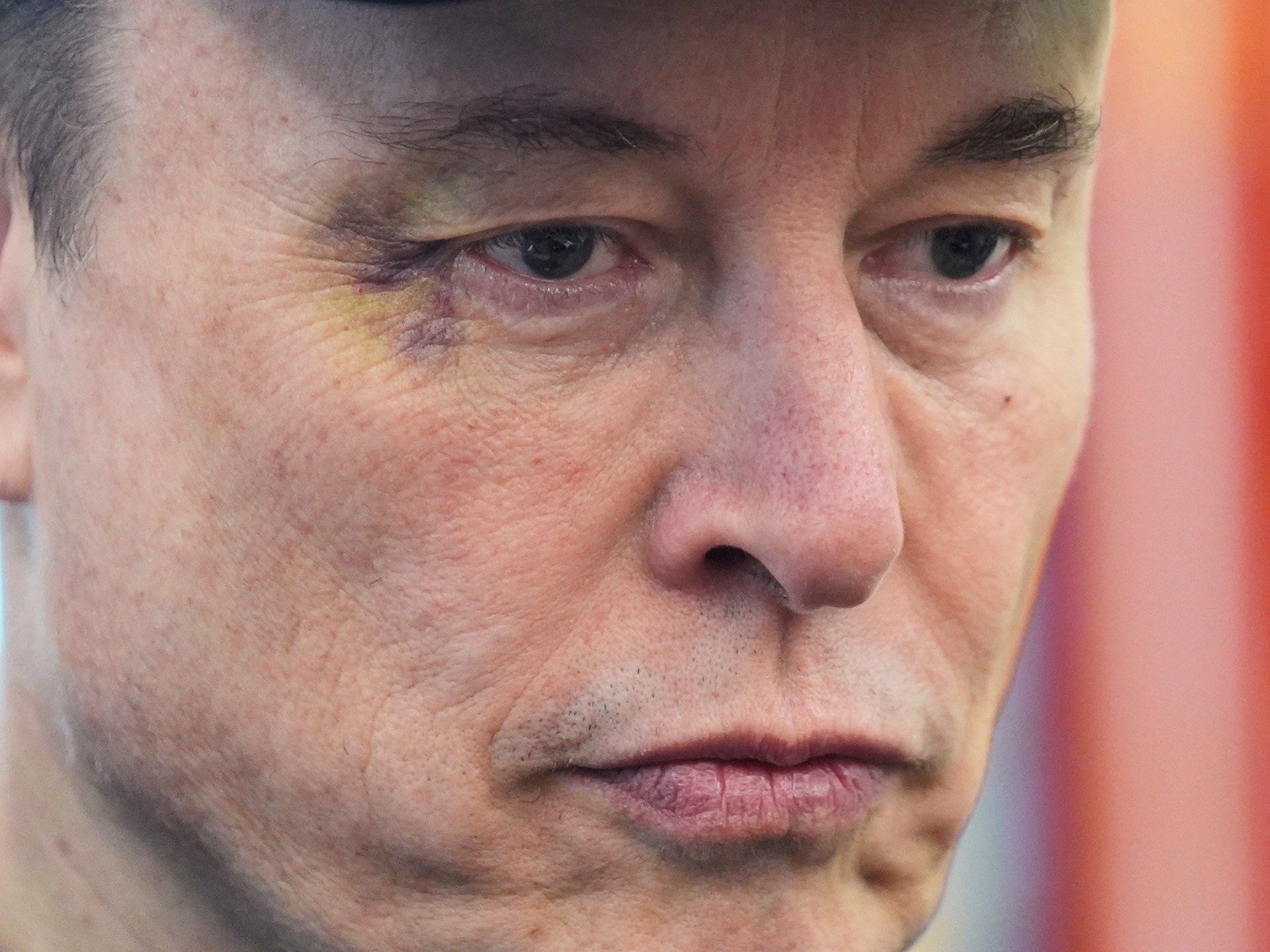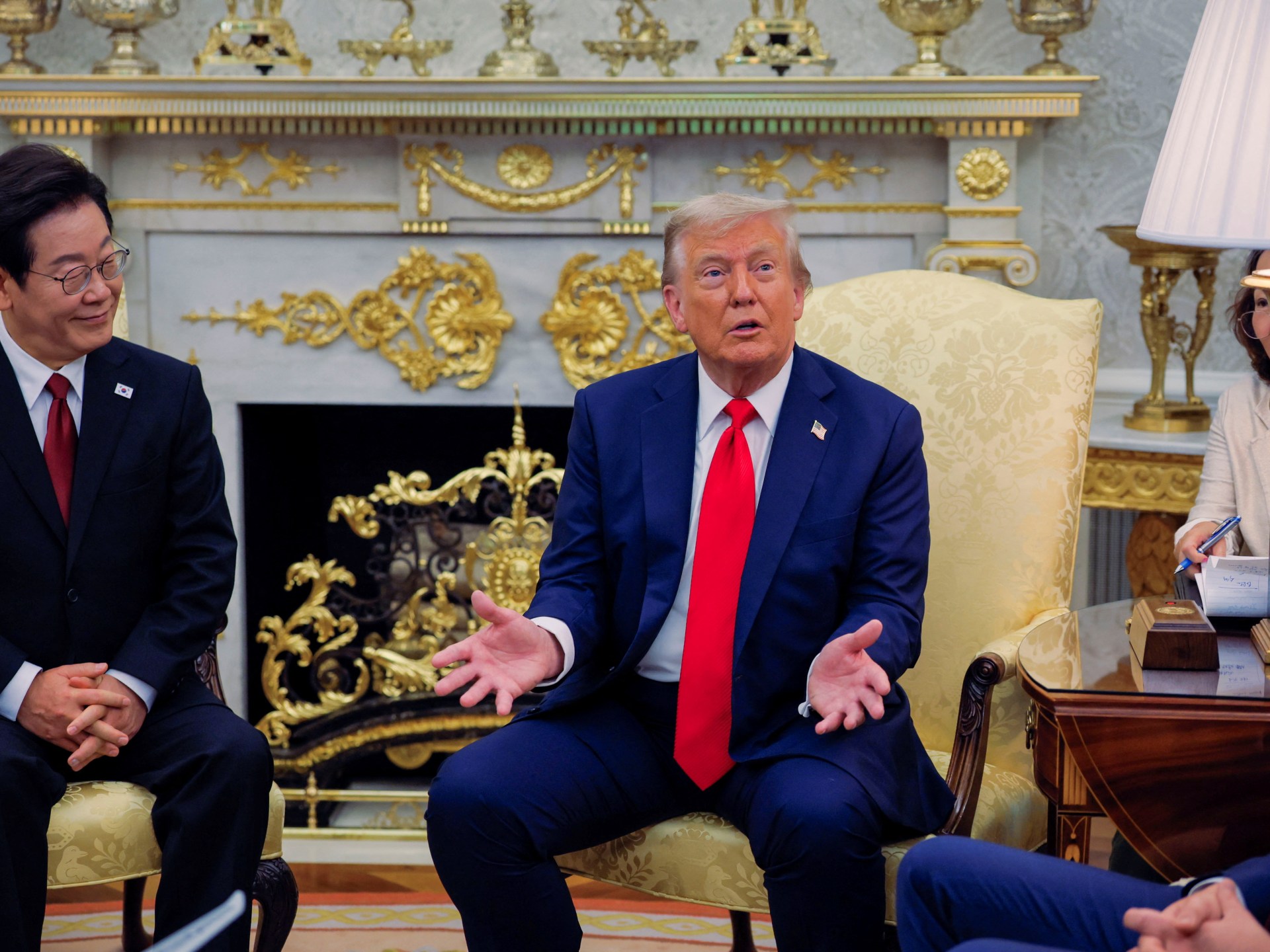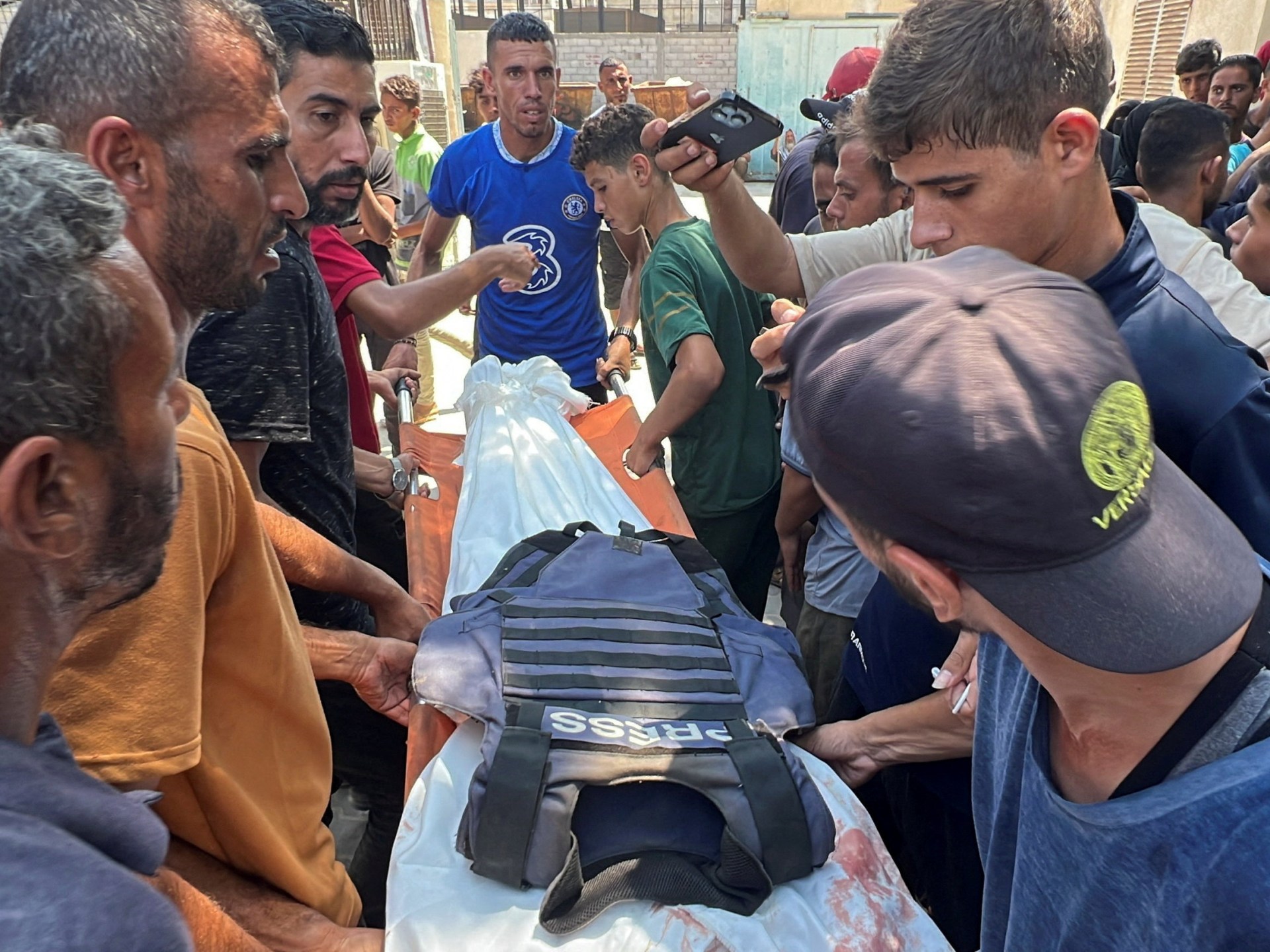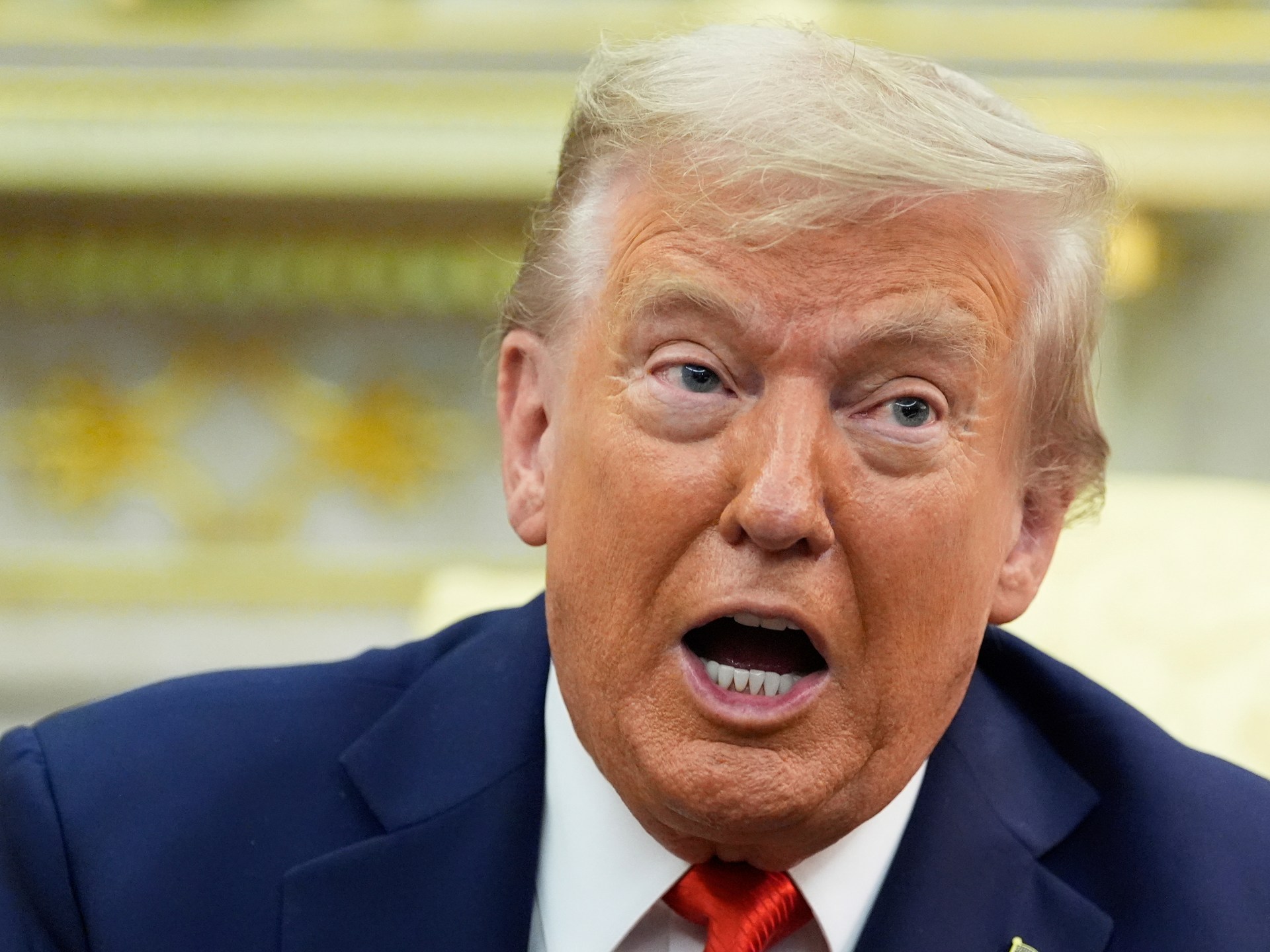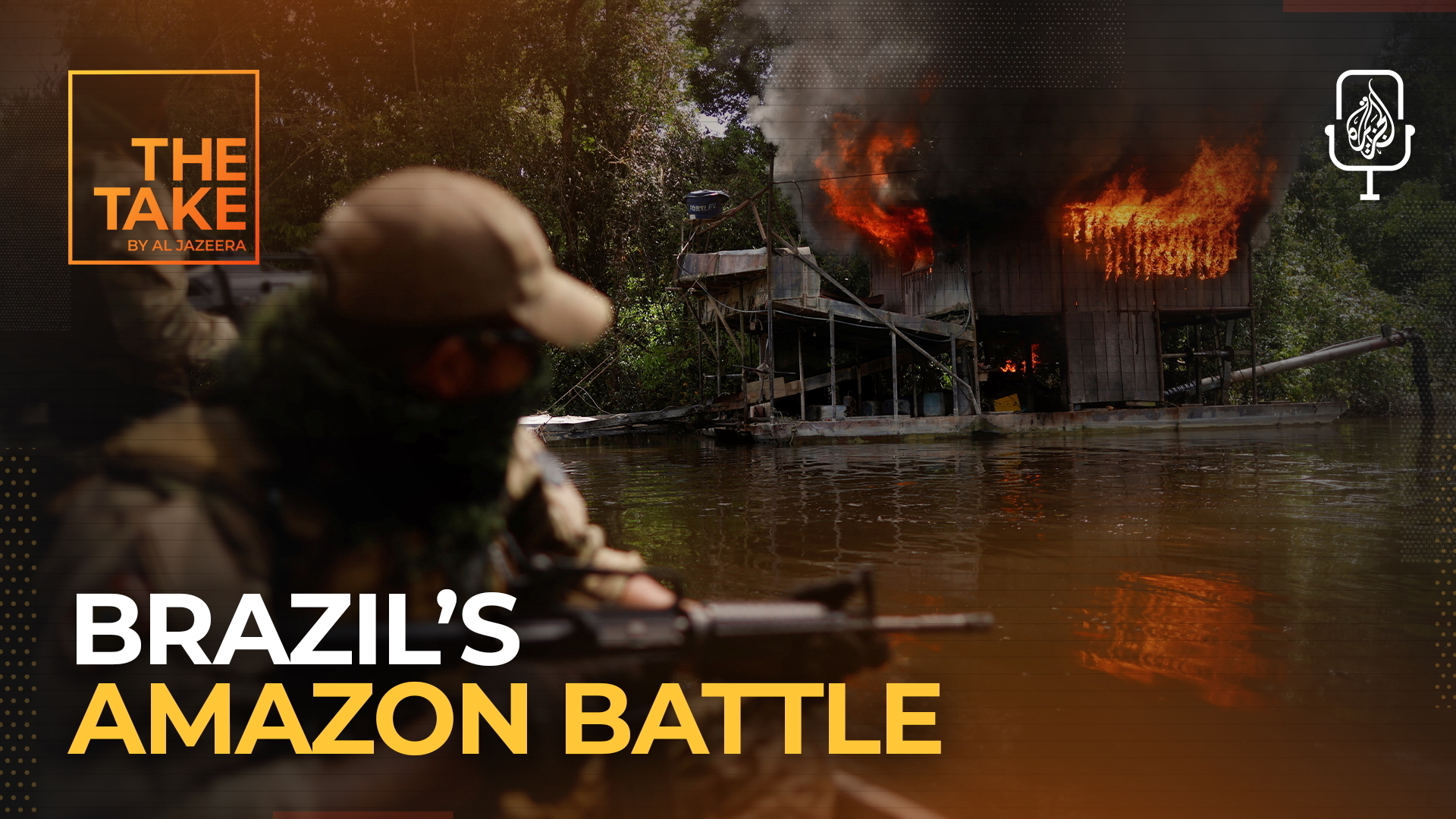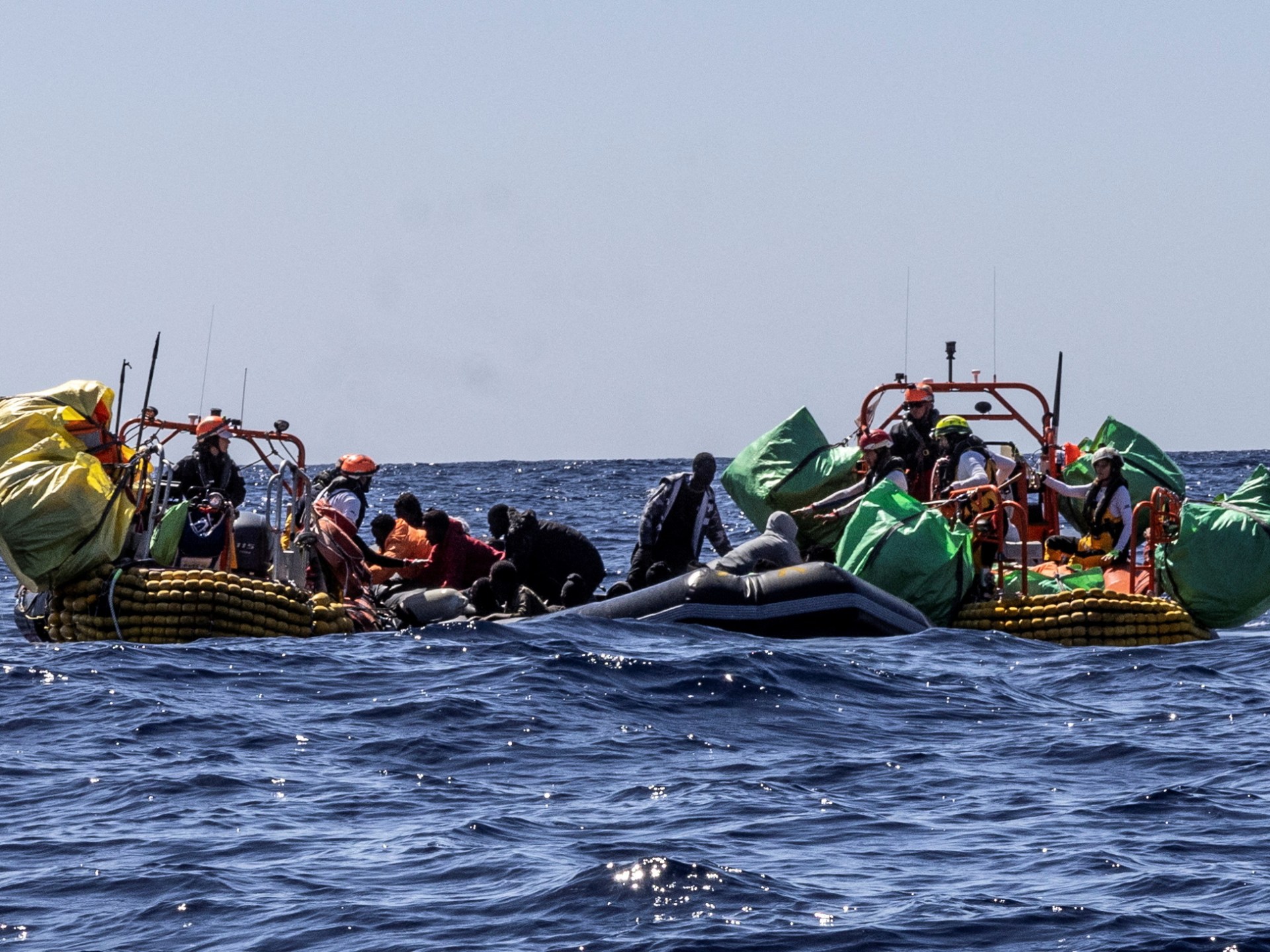Apple and ChatGPT maker OpenAI have been sued by Elon Musk’s artificial intelligence startup xAI, alleging they illegally conspired to thwart artificial intelligence (AI) competition.
According to the lawsuit filed on Monday in a Texas federal court, Apple and OpenAI have “locked up markets to maintain their monopolies and stop innovators like X and xAI from competing.”
According to the billionaire’s complaint, Apple and OpenAI allegedly conspired to censor xAI’s products, including those available on the Apple App Store. Apple would have no excuses for not mentioning the X app and the Grok app more prominently in its App Store, according to xAI, citing its exclusive agreement with OpenAI.
According to the lawsuit, Apple and OpenAI made the announcement that they would incorporate ChatGPT into Apple’s operating system in an exclusive arrangement in June 2024.
“ChatGPT is the only generative AI chatbot that is integrated into the iPhone thanks to OpenAI’s exclusive arrangement.” According to the lawsuit, iPhone users have no choice but to use a generative AI chatbot for important tasks on their devices, even if they prefer to use more creative and creative products like xAI’s Grok.
Apple is the market leader in smartphones, accounting for 65 percent.
Both OpenAI and Silicon Valley tech giants did not respond to e-mail requests for comment right away.
Musk threatened to sue Cupertino, California-based Apple earlier this month, stating in a post on his social media platform X that Apple’s behavior “makes it impossible for any AI company besides OpenAI to #1 in the App Store.”
Apple’s collaboration with OpenAI enabled the integration of its ChatGPT AI platform into Mac, iPad, and iPhone computers.
Following Musk’s remarks earlier this month, OpenAI CEO Sam Altman wrote in a post on X that “this is a remarkable claim given what I have heard alleged that Elon manipulates X to benefit himself and his own companies and harm his competitors and people he doesn’t like.”
Musk has a long history of pursuing bad companies by his side. The billionaire sued a number of companies that stopped advertising on X because of hostile language, including Nestle and Lego.
In March, Musk’s xAI purchased X to improve its chatbot training capabilities for $ 33 billion. Additionally, Musk has integrated the Grok chatbot into Tesla, his electric car company.
Elon Musk’s xAI, which was launched less than two years ago, competes with Chinese startup DeepSeek and Microsoft-backed OpenAI.
In order to stop OpenAI’s transition from a nonprofit to a for-profit organization, Musk is suing OpenAI and its CEO Altman separately in federal court in California. In 2015, Musk and Altman co-founded OpenAI as a nonprofit.
Numerous lawsuits have been brought against Apple for its App Store practices. A judge ordered Apple to increase competition for app payment options in a recent case involving Fortnite video game developer Epic Games.
